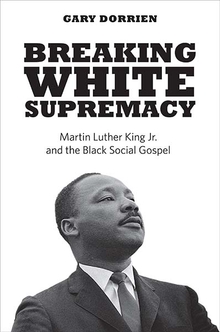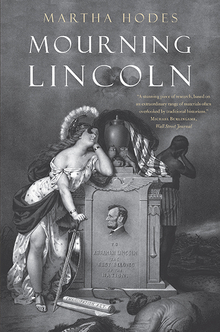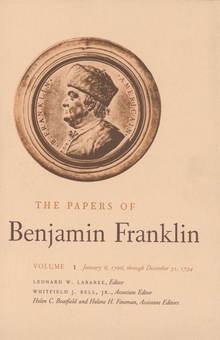Secret Agencies
WARNING
You are viewing an older version of the Yalebooks website. Please visit out new website with more updated information and a better user experience: https://www.yalebooks.com
U.S. Intelligence in a Hostile World
Loch K. Johnson
Johnson draws on historical data, more than five hundred interviews, and his own experience working for Congressional committees on intelligence. He begins by defining the functions of intelligence: espionage, counterintelligence, and covert action. He then provides an overview of America’s secret operations abroad, assesses the moral implications of clandestine operations, and offers guidelines for a more ethical approach to the use of secret power. Johnson explores the question of intelligence accountability, looking closely at how well intelligence agencies have been monitored through the forum of Congressional hearings. He compares America’s approach to intelligence with that of other nations, discusses the degree to which intelligence agencies should provide information about foreign businesses, and evaluates how well the U.S. intelligence agencies fared during the Cold War against the USSR. Secret agencies have the capacity not only to safeguard democracy but also to subvert it, says Johnson. As such, they deserve both our support and our scrutiny.
"Johnson blends the expertise of the practitioner-insider with that of the academic scholar and expert. He uses these skills and knowledge to produce a timely and well-balanced book examining the national security intelligence system of the U.S. . . . It is essential for all national security research collections."—Choice
"Johnson’s book is very useful for both intelligence scholars and interested lay readers. It is easily understood and relatively free of jargon and acronyms. The book is enhanced greatly by charts; of special use are the ones that trace the various intelligence functions over time. These latter reflect reasoned conclusions, and they will be useful in courses on intelligence. The book is impressively footnoted and benefits from Johnson’s many interviews with practitioners. It emphasizes ethics and congressional accountability more than other current ’state of intelligence’ books. . . . I highly recommend it."—Stafford T. Thomas, Perspectives on Political Science
"Secret Agencies is the kind of book scholars studying intelligence always welcome. It is a useful text for the growing number of courses in intelligence taught at universities around the country and should dispel the notion that the study of this important facet of government is not political science. Professor Johnson is both a tough critic and a fair judge of American intelligence. Secret Agencies ought to be required reading for those in government who deal with intelligence in either the executive or legislative branches as they think about reforms for the twenty-first century."—Arthur S. Hulnick, Annals of the American Academy of Political and Social Science
"Johnson has done an admirable job of description and both empirical and normative analysis. He writes effectively for an audience that could and should include both specialists and beginners."—David M. Barrett, American Political Science Review
"This is a sensible, balanced review. It has towards the end a very interesting assessment of American intelligence successes and failures in the Cold War and, to conclude, a salutary reminder of the limits of intelligence and the fallible nature of the leaders for whom it is provided."—Percy Bradock, International Affairs
"Loch Johnson provides the best road map to understanding the politics and policies of intelligence. . . . [Johnson] provides an analysis of the issues that have shaped intelligence over the past twenty years, including Iran-Contra, the Aldrich Ames espionage scandal, and the retrenchment that began at the end of the Cold War."—Bruce D. Berkowitz, Orbis
Publication Date: October 11, 1998
16 b/w illus.








